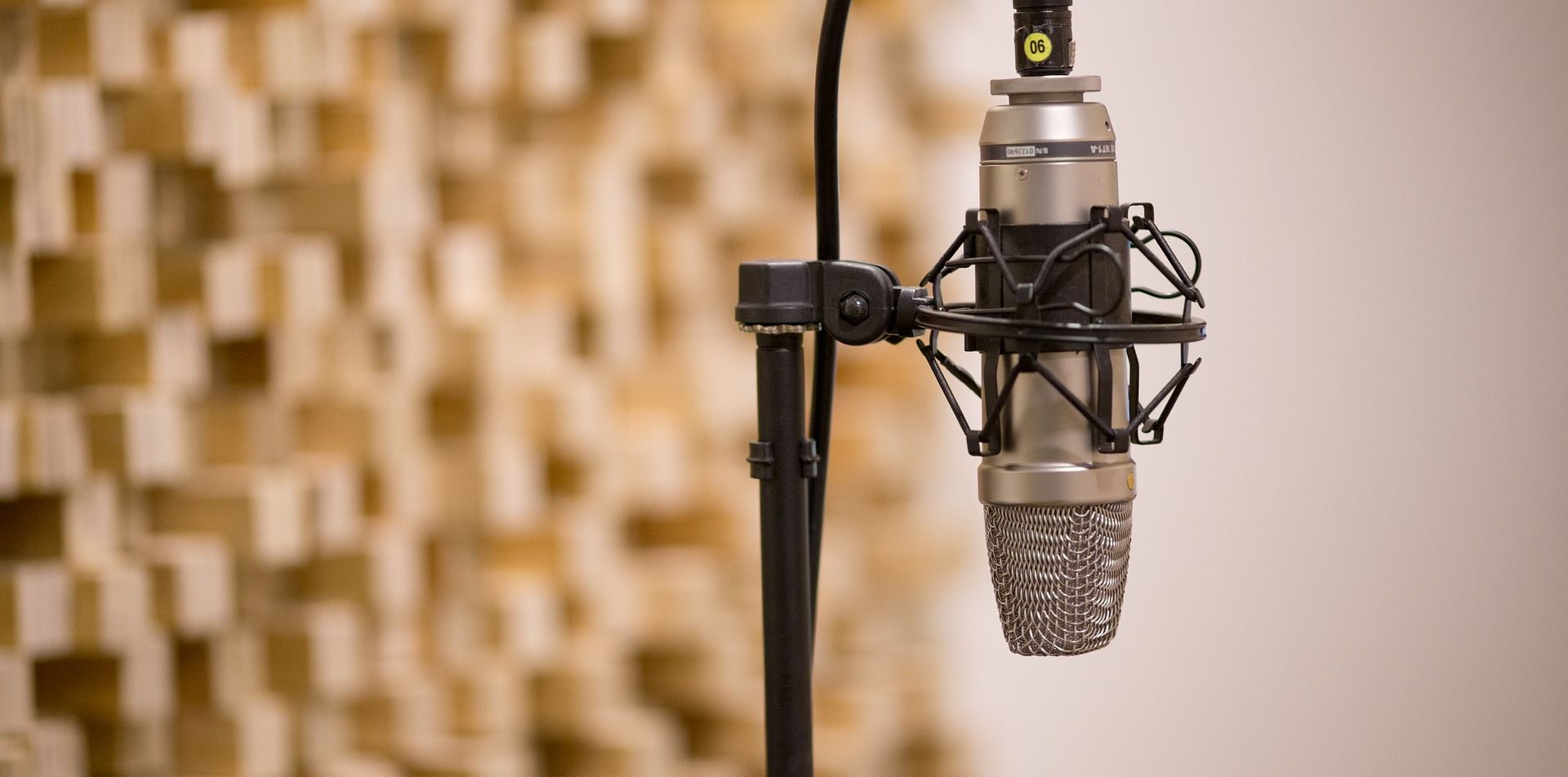The media is called the fourth estate for a reason. They play a key role in the company's communication with the environment. Through them, you can convey important content and influence the perception of the image. By building effective relations with the media, i.e. media relations, a company can gain popularity and recognition.
- What are media relations?
- How to use media relations? Concrete actions
- Media relations
- Main goals and tools of media relations
- PR department
- Principles of the application of media relations
- Media relations in a crisis situation
- Measuring the results in media relations
- Good relations and effective communication with the media
What are media relations?
The correct relationship with the media is one of the key elements of PR. Media relations their task is to maintain the best possible communication between the company and journalists. This is possible through traditional forms such as interviews, press releases, TV and radio coverage, as well as on social media. Depending on the brand profile currently social media can be a key communication channel.
The person responsible for contact with the broadly understood media is usually the spokesperson. He contacts journalists directly. This relationship should be mutually beneficial. The Ombudsman can provide specific information through a journalist that will reach the target group. And the journalist obtains interesting material that he can present to his readers or listeners. It is particularly important that press releases build a coherent image. It is equally important to convey them through media tailored to the company's profile.
How to use media relations? Concrete actions
Media relations are a PR department - they should not be confused and combined into one. Through them, the company can inform consumers and the public about its decisions, products and make various statements. On the other hand, journalists and all kinds of media can get to know the company, understand its mission and motivations. As a result, the resulting articles and messages are of better quality and of higher substantive value. Thus, the company can take care of media image. A specific, carefully planned strategy will be essential here. It is it that allows you to build and maintain effective and profitable relationships with the media and current and potential customers.
Media relations
Correctly built media relations they also enable the location of specific information with a specific goal for the company's development. It may refer to the offer, but also to the image. The advantage of this type of activities is also their high efficiency in relation to the costs incurred. Depending on your business profile, you can choose individual or wholesale relationships. Before making such a decision, you should get to know the specifics of the market and the group of potential customers. It is also important to find out which media best suit the needs of consumers and which they are most willing to use.

Main goals and tools of media relations
In many cases, a spokesperson is necessary for effective communication with the media. Regardless of whether it is a person employed in the company on a permanent basis or only supports as part of cooperation, they should have contact with people responsible for the most important decisions. This will enable her to properly perform the tasks entrusted to her. Such a person should be characterized by skills in the field of organization and specificity of journalistic work, but also high resistance to stress.
It is also important for the spokesperson to show great tact, good manners and a sense of humour. The image of the company depends to a large extent on his ability to establish contacts and inspire trust. The basic tool media relations there are press releases. They may concern the offer - new services or products, but also the company's strategy or events organized by it. In order to maintain a positive relationship between the spokesman and the journalist, it is worth preparing the press release in such a form that it can be published immediately.
PR department
In some cases, however, it is worth choosing a more direct form of contact and arranging an interview. Its formula must be accepted by both parties and can be initiated by both a journalist and a spokesman. If it is not possible to provide information in a concise and quick manner, or the topic may trigger discussions, it is worth organizing a press conference. It will allow you to convey important issues to a certain extent and leave room for asking questions.

In some cases, it is necessary to invite journalists to the company's headquarters. This is to illustrate certain decisions or problems.
Principles of the application of media relations
The effectiveness of your relationship with the media largely depends on the way you communicate. Even small gaps in knowledge can ruin the image that is built up for months. It is worth paying attention to the industries and the dynamics of changes taking place in them. Media Marketing allows you to react dynamically to these changes. It may also be important to follow the press and thematic portals. The content of messages presented to consumers should contain information on the current topic. Otherwise, neither current nor potential customers will be interested in it.
Are you looking for ways to communicate effectively with the media?
Check which strategy we recommend for you.
Media relations in a crisis situation
Crisis situations happen in every company. In principle, it can be said that they cannot be avoided and sooner or later the company has to face a more or less serious crisis. All actions taken before and during crisis situation will be decisive, therefore media relations should not be forgotten.
Today, the media has enormous power and influence on creating the situation. Neglecting this issue in a crisis situation may be associated primarily with loss of image, which every company would like to avoid at all costs. Most mistakes are made in the initial phase of a crisis. Businesses face a difficult situation and do not have an action plan, which makes it difficult to make good decisions. Chaos and enormous stress only make things worse and lead to more mistakes. The method is simple - think about a possible crisis before it happens. Prepare an action plan and don't be surprised. This way you will avoid any panic that is bound to break out, and thus you will be able to act according to a set plan.
In times of crisis, media relations play a particularly important role, as they can have a real impact on the image of a company. Honest and open communication with the media is essential not only in good times but also in difficult times. What is worth doing?
- Proactive communication that makes you come out with the initiative.
- Organization of information distribution.
- Continuous monitoring of information distribution channels in order to be able to react quickly if necessary.
- Full transparency, because only thanks to it, no one will accuse you of lying.
This is not the end, because after the crisis is over, you will also have to work hard. It is a good practice to focus on warming your brand image. Your audience may have mixed feelings about the situation, so it's worth focusing on a positive campaign. It should also be borne in mind that the media can return to the crisis that the company was going through, so you need to constantly monitor it.
Measuring the results in media relations
Since the company invests its time and resources in media relations, it is obvious that it would like to measure the effectiveness of its activities. Establishing cooperation with the journalistic community and building relationships with the media should result in media publications. However, it must be taken into account that this is just one of many methods PR. Hence the difficulty in measuring results.
There is no one universal and effective method of measuring effects. Activities are often carried out on a large scale and in many directions at the same time. If we want to measure them, we need to take into account the communication activities or the campaign plan. As a result, each measurement method will be different - focused on the assessment of individual activities. So how to measure the effectiveness of activities undertaken in the direction of media relations? The most popular method is content analysis, because in this way you can assess what brand image the recipients receive in the media.
What to pay attention to?
- Did the message contain a photo?
- To what extent does the company appear in a press release and how much space is devoted to it? 10% or maybe 30%?
- In what context is the company mentioned?
- Does the statement of the company's expert appear in the text?

You should also check how often the brand appears in the media and where you can read something about it most often. Selected content can also be analyzed in terms of:
- publication date,
- recipients' reaction to publications (negative, neutral or positive),
- the author of the text,
- medium.
Good relations and effective communication with the media
Media relations brings benefits to both parties. Everyone will admit it PR agency. The press officer does his job and the company is mentioned in the publication, while the journalist gets the material for publication. That is why it is so important for relations with the media to be positive and effective communication. How to achieve it?
The first step should be to build a database of journalists whose interests are related to the company's offer. It is difficult to find effective cooperation between a company that sells organic products and a journalist who writes about banking. There are two benefits to this. First of all, the journalist will receive content that will really interest him, which will certainly make it easy and with great commitment to create material that is interesting for the recipient. Secondly, the company's message will reach the right target group. That is, people who will be genuinely interested in its offer.
Good media relations require honesty. Real journalists are sensitive to lying and trying to cover up inconvenient information. By referring to a specialist with whom you do not want to enter into a sincere and open relationship, you will never achieve positive results. Wisely saying that lying has short legs, you can quickly lose valuable business contact.
Journalists are busy people. They don't have time to browse through a poorly prepared press release or a poorly structured release. When establishing cooperation with a specialist, it is good to know how such communication should proceed. It is also worth selecting a few employees who could be cited as experts. These few simple things will not only facilitate cooperation, but will also result in much better results.
A journalist is also a human being. He may have questions for you to answer - don't underestimate that. You must also remember that if the media is eager to write about the company's successes, they will also be eager to write about failures. Never ask to cover up inconvenient facts in a communication. If there is false information, you have the right to have it corrected, but requests to deliberately omit inconvenient information are the shortest way to worsen your media relationship.

